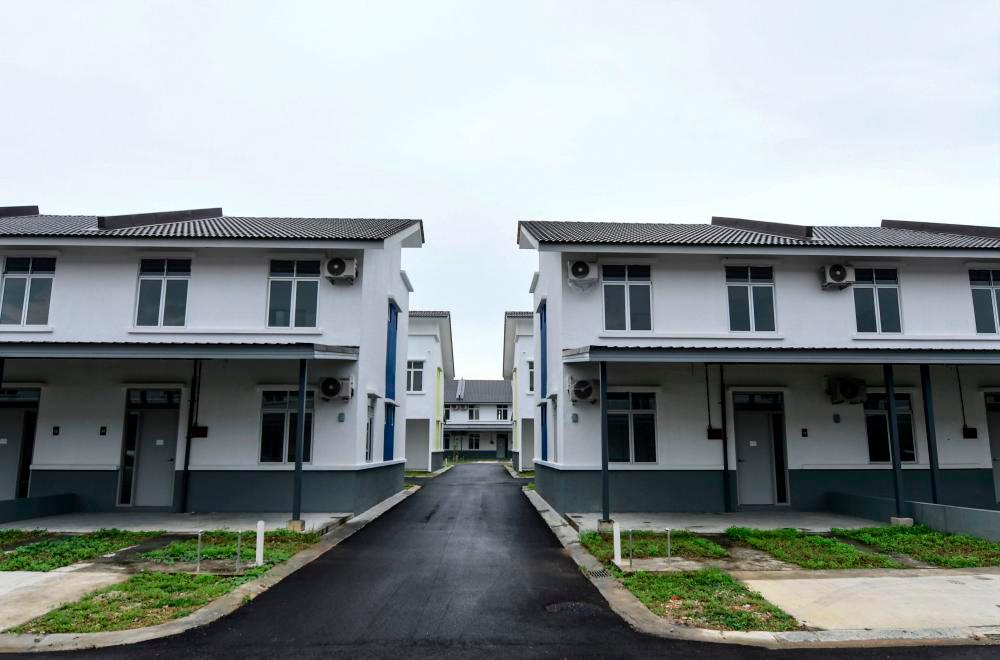IN the last 50 years, Malaysia has witnessed a rise in the number of people living in its cities from 25% in 1970 to 75% today. Currently, it is estimated that three million people reside in 4,500 low-cost housing settlements, with most of these communities living in public housing, such as the People’s Housing Programme.
While public housing was initially meant to be temporary, most of its residents seem to be trapped in poverty. Rapid urbanisation has resulted in a decline in unity and a sense of community in society. Although we have managed to house the nation, building communities in these vertical spaces has lagged, and the spirit of living together has diminished.
If this situation is not addressed, it will escalate and have dire outcomes. We need to rebuild these communities and restore a healthy sense of community spirit, empowering them to take ownership and responsibility to improve their standard of living.
Think City has been involved in a variety of research and interventions for over a decade surrounding housing and residential communities in Malaysia. For example, “Kita-Untuk-Kita” (K2K) is a ground-up programme by Think City, co-developed with the World Bank, seeking to improve the lives of public housing communities in Malaysian cities.
K2K is not new. In 2020, Think City embarked on this programme, albeit on a smaller scale, to help people weather the Covid-19 pandemic.
From interaction and time spent with residents in public housing through K2K, key issues that plague the urban poor were identified – these include dilapidated housing conditions, economic and health challenges and declining living standards.
However, in addressing these problems, it is vital that we lend support, rather than handouts, so that these communities are empowered to become their agents of transformation – as the name of the programme suggests – and not rely on someone else to do the job.
Lasting change will only come if these communities are actively involved in finding solutions to their problems and challenges. Therefore, efforts carried out should be community-led, while external agencies assist by playing a supportive role. This is the essence of the K2K programme.
People-based programmes, such as K2K, are very much aligned with the government’s Malaysia Madani concept that visualises a civilised and developed nation in terms of mentality, spirituality and infrastructure.
We are keen to build future generations of Malaysians whose rights, regardless of race and religion, will be protected and whose social and economic well-being will be a priority.
In efforts to replicate the best practices of the K2K programme, Think City has been entrusted by the government, under Budget 2023, to jointly develop an action plan aimed at improving the liveability of public housing.
Building on that momentum, during the recent K2K launch on April 8, the prime minister allocated an additional RM35 million for more projects to be carried out in the Klang Valley.
This injection of funding will enable the expansion of initiatives that will enhance the quality of life in public housing communities so that more than 50,000 residents living in public housing in cities will be able to benefit from these programmes.
Economist and philosopher Amartya Sen once said: “Poverty is not just a lack of money, it is about not having the capabilities to realise one’s full potential as a human being.”
With the K2K programme, Think City aims to redress the balance and move towards a more equitable and progressive Malaysia, one community at a time.
The writer is the Managing Director of Think City, an impact organisation with the mission of making cities more people-friendly,resilient and liveable.
comments: letters@thesundaily.com









